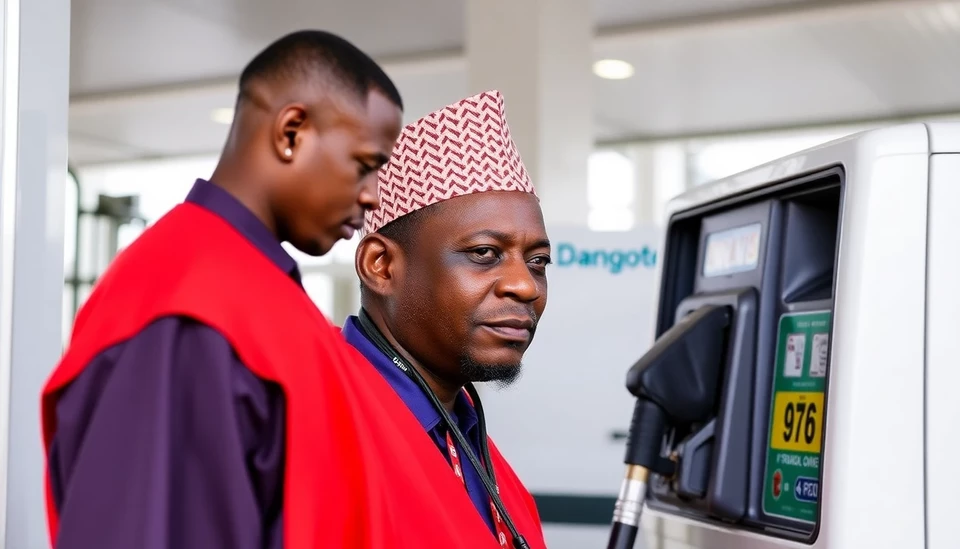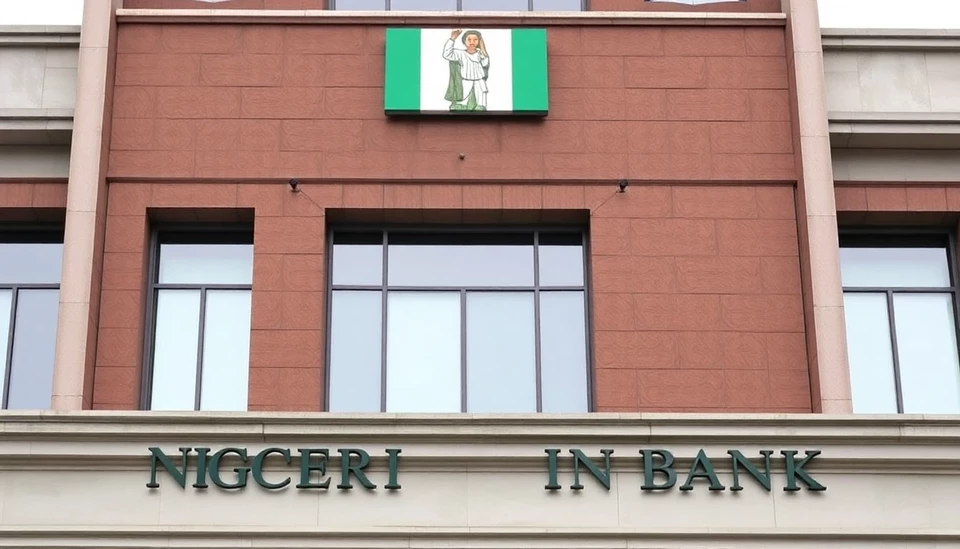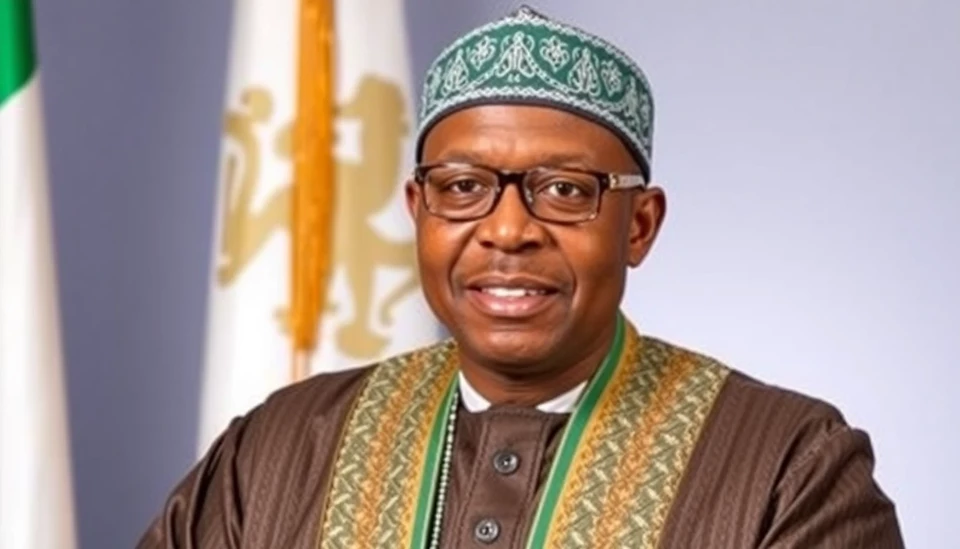
In an intriguing development for global financial markets, a leading economist from the World Bank has proclaimed that Nigeria's currency, the Naira, is now more competitive against the US Dollar than it has been in decades. This assessment signifies a dramatic shift in the economic landscape of one of Africa’s largest economies.
The economist, who specializes in currency trends, emphasized that recent economic reforms and strategic monetary policies have greatly bolstered the Naira’s strength. This newfound competitiveness is particularly important for Nigeria as it grapples with high inflation rates and a turbulent economic environment.
According to the economist's analysis, the Naira's improved status is attributed to several key factors. Notably, the Central Bank of Nigeria has implemented measures aimed at increasing the currency’s liquidity and reducing its volatility in foreign exchange markets. Such strategies have not only stabilized the currency but have also encouraged investor confidence, a crucial element for economic growth.
The economist pointed out that in comparison to the previous few years, the Naira is now experiencing significant appreciation against the Dollar. This trend may potentially lead to improved trade balances and increasing foreign investment, as a stronger currency typically makes imports cheaper and enhances the purchasing power of consumers in Nigeria.
However, experts caution that despite these positive trends, the economic situation remains delicate. Nigeria is still facing numerous challenges, including fluctuating oil prices, which form the backbone of its economy. The World Bank economist called for continued reforms and vigilant economic management to sustain this progress, highlighting that long-term stability will require a multi-faceted approach, including investments in infrastructure, education, and the diversification of the economy.
Furthermore, this newfound strength of the Naira may bring about changes in how international businesses perceive Nigeria as a market. With a more competitive currency, foreign companies might find Nigeria more appealing for investment opportunities, potentially leading to an inflow of capital that could accelerate economic growth.
The economist's observations have sparked discussions among financial analysts and policymakers, who are pondering the implications of a strong Naira in a country where economic recovery is still a work in progress. Stakeholders are keenly observing how this development unfolds in the coming months and years.
As Nigeria positions itself in the global market, the focus will be on sustaining this competitive advantage. The road ahead will require comprehensive strategies that address the underlying economic issues while leveraging the Naira’s new strength to foster development and growth.
#Naira #USdollar #CurrencyCompetitiveness #WorldBank #NigeriaEconomicGrowth #ForexMarket #GlobalEconomy
Author: Daniel Foster




